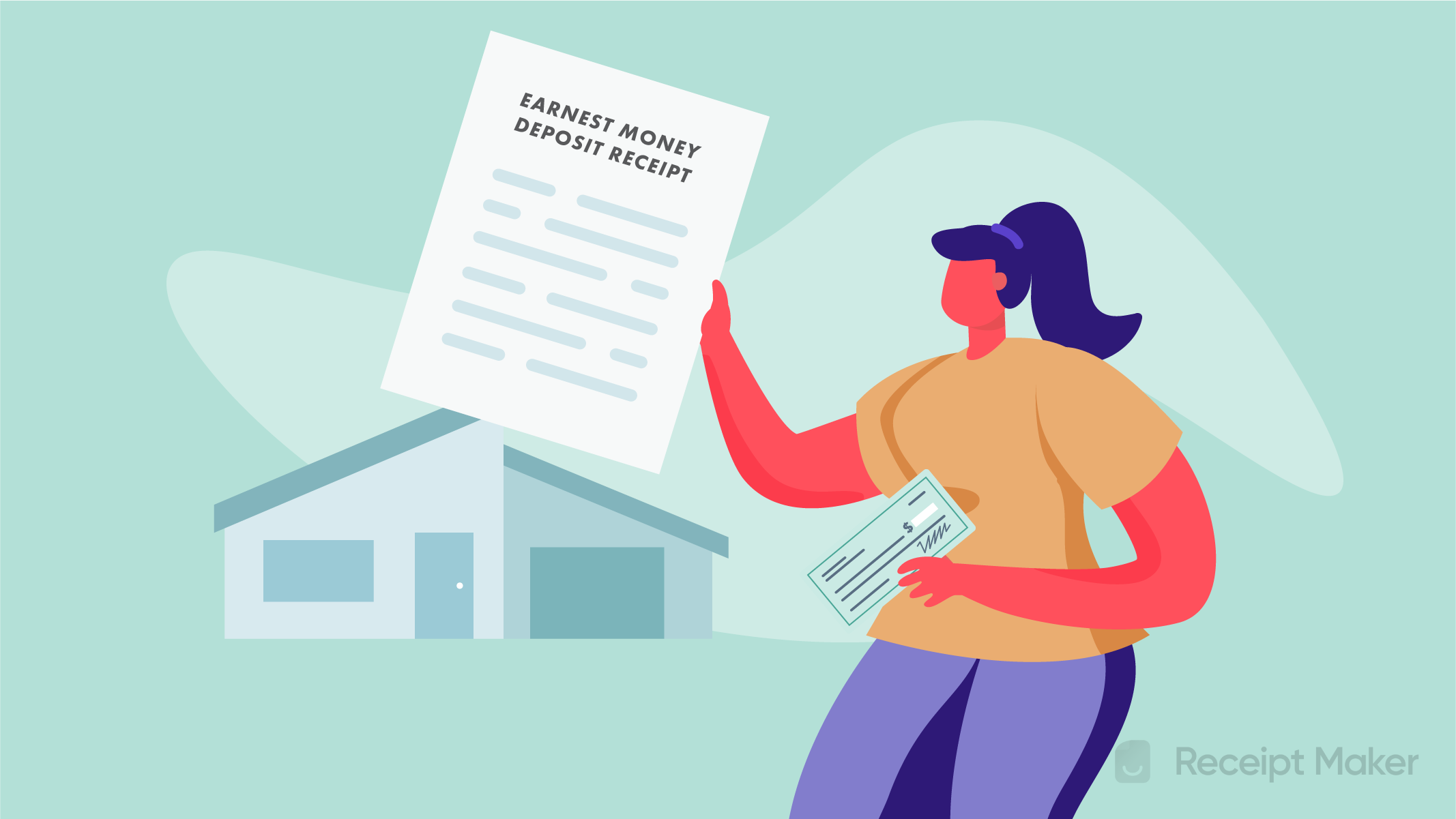 It provides essential safeguards for both the buyer and seller. It should always include the total deposit amount, the account number and institution holding the deposit, the property’s address, and identifying information about the buyer and seller. It usually also includes a refund policy outlining the reasons for which a seller can keep all or part of an earnest money deposit if the sale ends up falling through.
It provides essential safeguards for both the buyer and seller. It should always include the total deposit amount, the account number and institution holding the deposit, the property’s address, and identifying information about the buyer and seller. It usually also includes a refund policy outlining the reasons for which a seller can keep all or part of an earnest money deposit if the sale ends up falling through.
Table of Contents
- What is an Earnest Money Deposit?
- When and How is an Earnest Money Deposit Paid?
- Can an Earnest Money Deposit be Refunded?
- Who Signs an Earnest Money Receipt?
What is an Earnest Money Deposit?
According to Webster’s, “earnest” means “something of value given by a buyer to a seller to bind a bargain.” An earnest money deposit shows serious interest in purchasing a property and removes it from the market while the owner considers the sale, and appraisals and inspections can occur. Earnest money deposits usually settle between 1%-3% of the property’s total purchase price, but competitive properties can ask for deposits as high as 10%. They aren’t necessarily required to buy a home, but many sellers expect them. The deposit funds can apply to the down payment or closing costs if the sale finalizes.
When and How is the Deposit Paid?
Potential buyers can pitch a deposit in their initial offer to purchase a property. The deposit is paid out when the seller accepts the offer or when a seller and buyer sign a purchase agreement. Sellers don’t typically hold deposit funds personally. They are more likely to make arrangements for any of the following types of third parties to keep the funds:
- Escrow company;
- Law firm;
- Real estate brokerage;
- Title company; or
- Trust.
Some of these accounts can earn interest. Buyers pay deposits with a certified check, a personal check, or a wire transfer to the designated third-party account. Buyers must do their due diligence to ensure the designated third party is reputable and will provide an earnest money deposit receipt.
Can an Earnest Money Deposit be Refunded?
Buyers must ensure their earnest money deposit receipt will include the following contingencies. They can receive deposit refunds when:
- An appraisal is lower than the purchase price, and the owner refuses to renegotiate;
- An inspection uncovers severe damage or defects to the property;
- Issues arise with the property’s title;
- The homebuyer can’t secure financing, or their financier breaches their loan agreement;
- The homebuyer can’t sell a current home before closing on the new one;
- The property or buyer is affected by an “act of God” or a societal disaster, such as economic recessions, natural disasters, pandemics, or terror attacks; or
- The seller terminates the negotiation or agreement without a valid reason.
If the receipt does not include a refund policy, buyers must insist on executing a deposit or purchase agreement with the seller. When buyers don’t get these agreements in writing, they risk losing their deposit if the sale fails.
Who Signs the Receipt?
Only the holder of the deposit, the designated third party, is required to sign an earnest money deposit receipt. However, it is wise for both the buyer and seller to sign the receipt as well to ensure that all parties are on the same page.
